Raspberry Pi vs Intel NUC: Need to Know
Does the handheld Intel Core i3 NUC completely outshine it in this David vs. Goliath battle?
Sign up today and you will receive a free copy of our Future Focus 2025 report - the leading guidance on AI, cybersecurity and other IT challenges as per 700+ senior executives
You are now subscribed
Your newsletter sign-up was successful
Potential BYOD machine
Both Intel's NUC and the Raspberry Pi can be carried to and from work in a pocket. The Raspberry Pi easily fits in the palm of any person above the age of 12 and while Intel's NUC is bigger, it can easily fit into a briefcase, bag or rucksack and not add considerable weight.
With Intel's NUC and the Raspberry Pi using HDMI and USB to connect monitors and peripherals respectively, plugging either device in at the desk takes no more than a few seconds. Booting up Intel's NUC takes less time primarily due to the SSD storage but the Raspberry Pi can get onto the desktop far sooner than it takes you to bring that first cup of tea back to the desk.
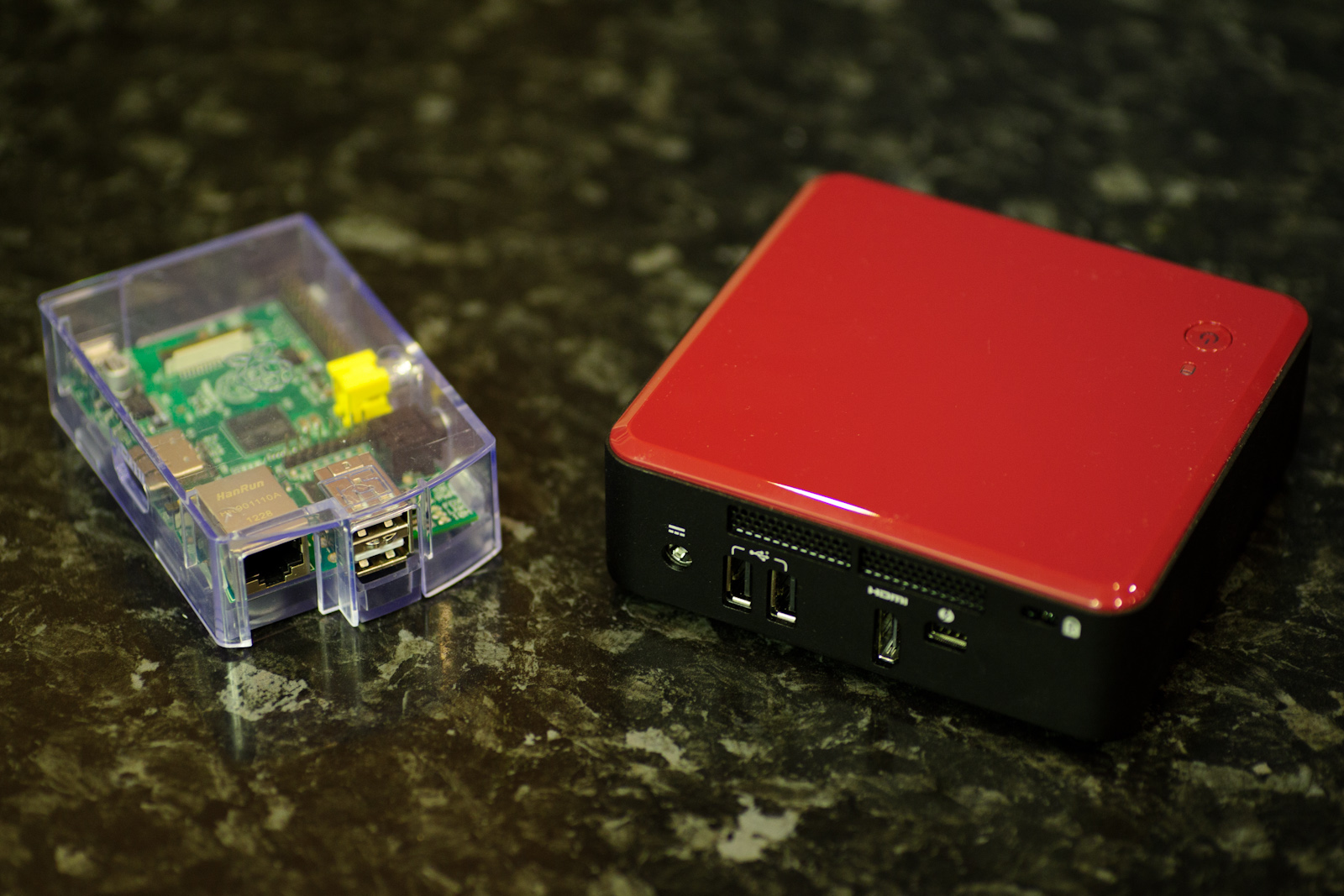
However it is Intel's decision to go with an SSD that is screwed inside of the NUC's case that gives the Raspberry Pi its edge as BYOD machine. The Raspberry Pi, along with the many third party cases available, offer easy access to the Secure Digital (SD) memory card that holds the device's operating system and any data should the user not use remote storage.
Given the Raspberry Pi's price, keeping a device at home and at work is still considerably cheaper than buying a NUC. By simply slotting in an SD card at either end, one can transport their environment to another location turning the Raspberry Pi from a BYOD device to simply a bring your own SD card device.
The Lowdown
The Raspberry Pi's size and the fact that its storage can be removed in a matter of seconds makes it highly portable and when coupled to its low price, as close to a commodity PC as you can get.
Verdict
Intel's NUC shows just what can be done with a low-end Core i3 processor and for firms the ability to run Microsoft Windows 7 or Windows 8 may rule out the Raspberry Pi completely. As general office desktop machine both the NUC and the Raspberry Pi are able to cope just fine but with the NUC there's more than enough headroom for CPU intensive tasks, something the Raspberry Pi lacks. However, the price escalates quickly and it may be worth investing in a tablet or laptop instead. The Raspberry Pi does very well with its hardware and as a device that can truly be used anywhere thanks to its size and the ability to transport the user environment by plugging in an SD card. However, for those who want to do serious workloads with a small computer Intel's NUC, despite its considerable price difference, is the one we would go for...although we'd probably get a Pi to sit on top.
Raspberry Pi: Chipset: Broadcom BCM2835 SoC with 700MHz clock speed Operating system: Linux RAM: 256MB Storage: SD card Connections: 2x USB ports, 1x Ethernet port, 1x HDMI, 1x Audio jack, 1x microUSB power supply Intel NUC: Barebone system with CPU, cooling, case and power adapter supplied CPU: Intel Core i3 3127U (dual-core 64-bit running at 1.8GHz) GPU: Intel HD Graphics 4000 (integrated into CPU) RAM: 2x SO-DIMM slots supporting dual-channel DDR3 1,600MHz Expansion slots: 2 mini PCI-Express (1 full length, 1 half-length) External connectivity: 3x USB 2 ports, 1x Thunderbolt port, 1x Kensington Lock Dimensions (including case): 4.59in x 4.41in x 1.50in 65W external power adapter
Sign up today and you will receive a free copy of our Future Focus 2025 report - the leading guidance on AI, cybersecurity and other IT challenges as per 700+ senior executives
-
 Gaining timely insights with AI inferencing at the edge
Gaining timely insights with AI inferencing at the edgeWhitepaper Business differentiation in an AI-everywhere era
-
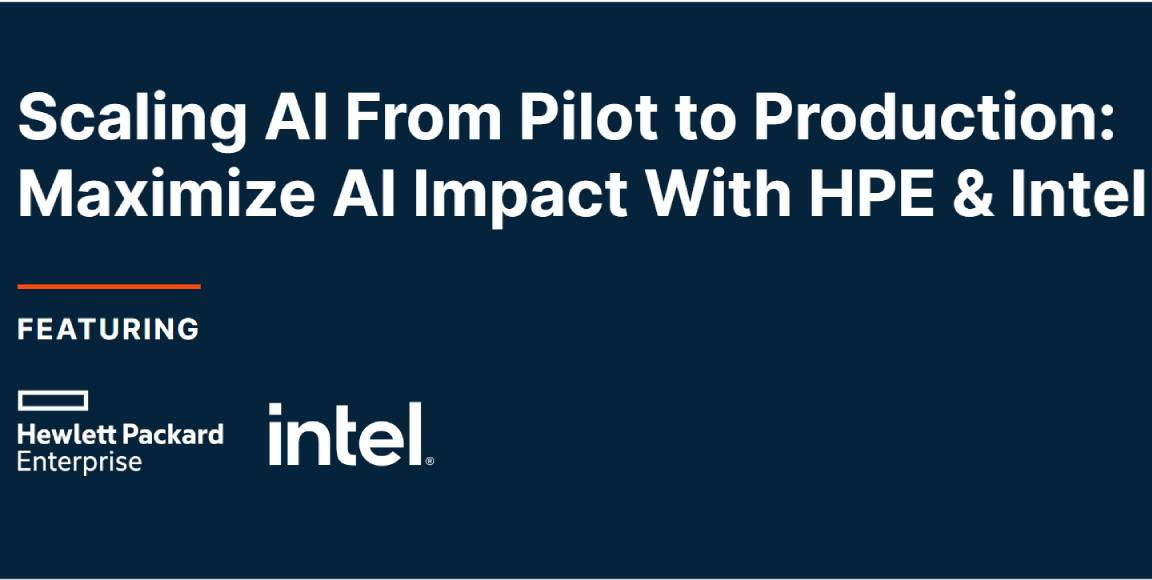 Scaling AI from pilot to production: Maximize AI impact with HPE & Intel
Scaling AI from pilot to production: Maximize AI impact with HPE & IntelWhitepaper Transform AI proof-of-concepts into full-scale implementations
-
 Arm CEO worried humans will inevitably lose control of AI
Arm CEO worried humans will inevitably lose control of AINews AI systems need robust safeguards and override capabilities, according to Arm CEO Rene Haas
-
 UK supercomputer boom as HPE and Dell receive funding for new AI cluster
UK supercomputer boom as HPE and Dell receive funding for new AI clusterNews The UK’s AI computing capabilities will increase by an order of magnitude in 2024
-
 AI gold rush continues as Hugging Face snags $235 million from IBM
AI gold rush continues as Hugging Face snags $235 million from IBMNews The investment round, which brings the company's valuation to $4.5 billion, also includes Amazon, Google, Intel, and Salesforce
-
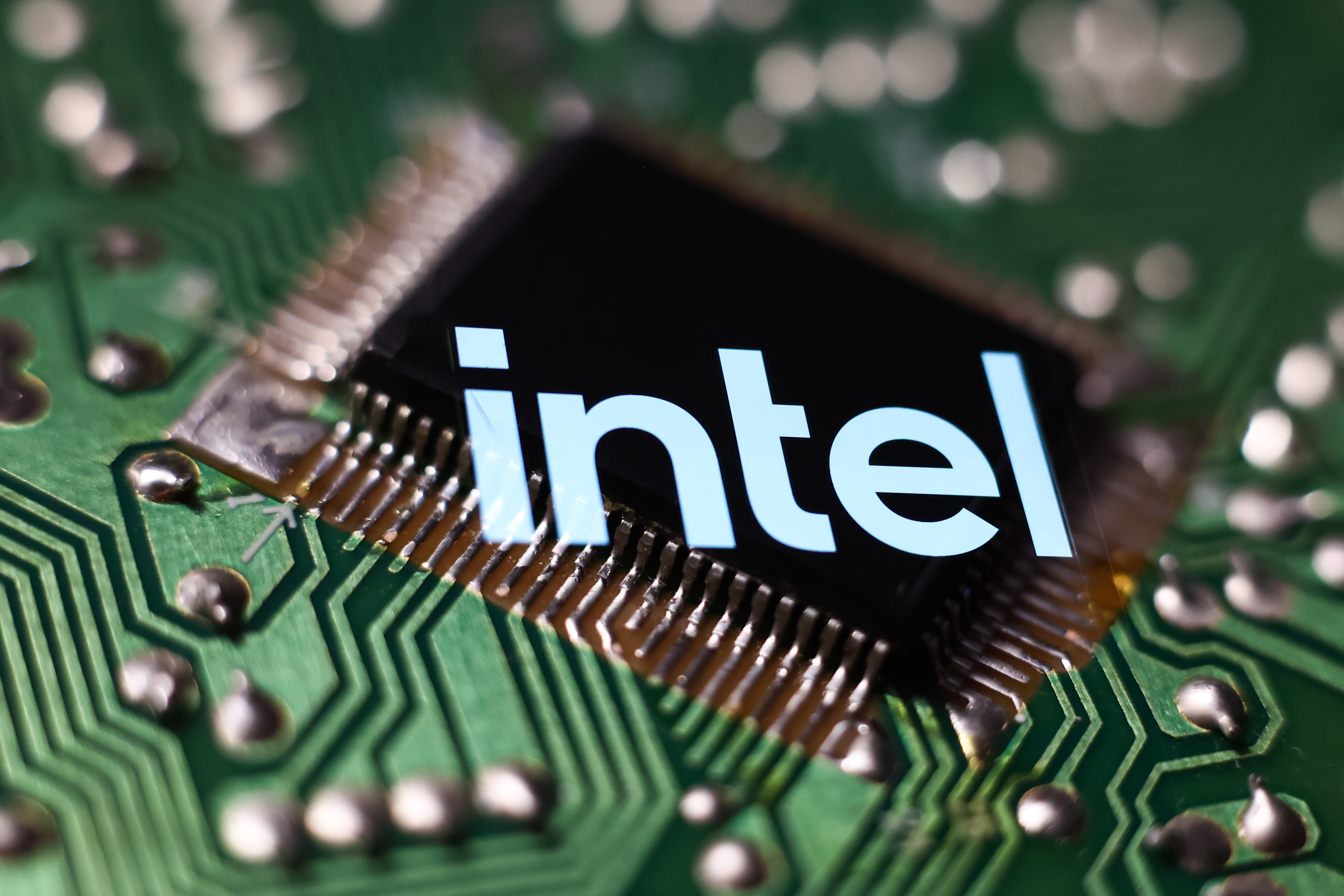 Why is ASUS reviving Intel’s NUC mini-PC line?
Why is ASUS reviving Intel’s NUC mini-PC line?News The diminutive PC is to rise again while analysts look for the business case
-
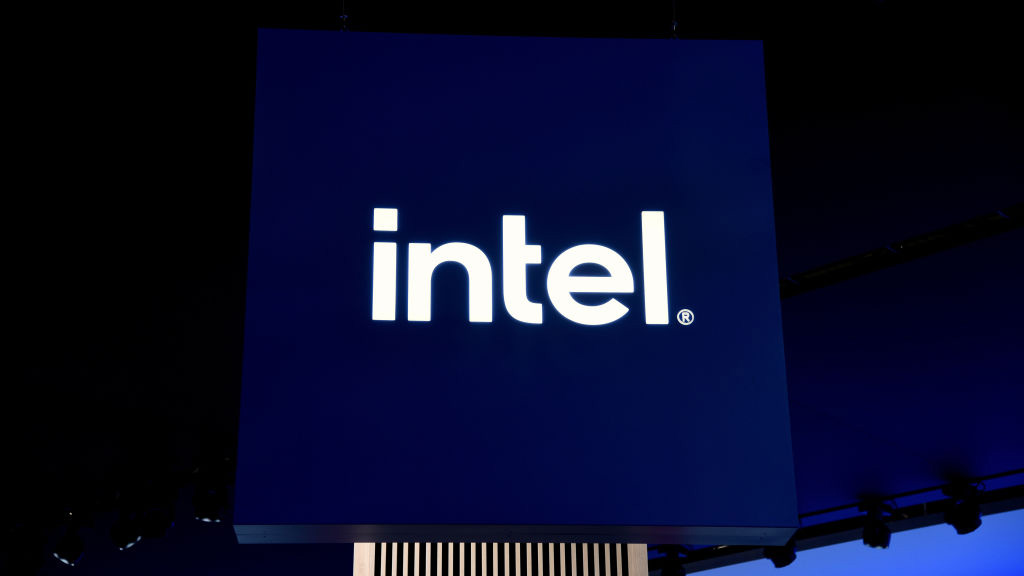 Intel targets AI hardware dominance by 2025
Intel targets AI hardware dominance by 2025News The chip giant's diverse range of CPUs, GPUs, and AI accelerators complement its commitment to an open AI ecosystem
-
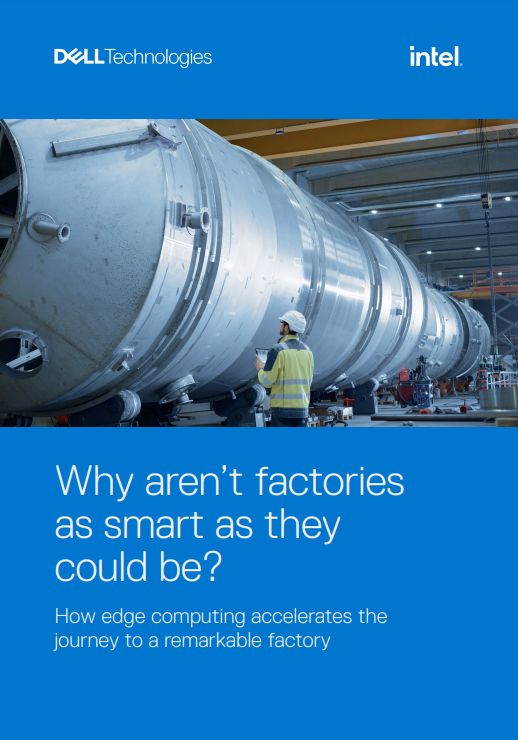 Why aren’t factories as smart as they could be?
Why aren’t factories as smart as they could be?Whitepaper How edge computing accelerates the journey to a remarkable factory

